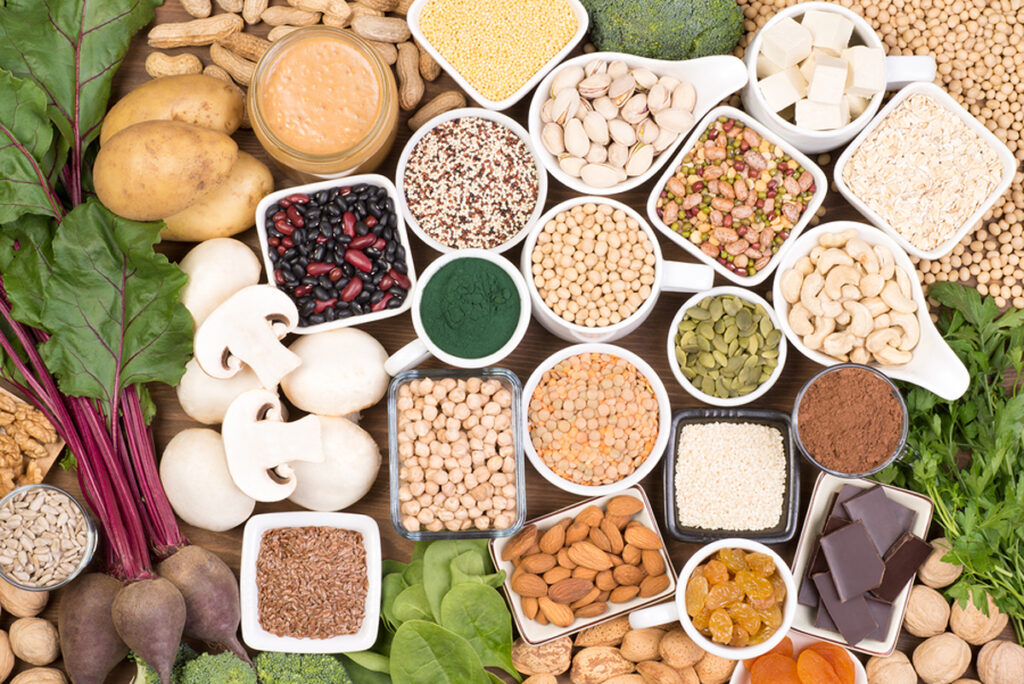
The body is an amazing yet complex machine, with a whole host of processes simultaneously taking place. And many of these processes need essential vitamins and minerals to keep you healthy. Among these nutrients is iron, a hardworking mineral that plays a key role in healthy red blood cells and the absorption of oxygen around the body. But how does this amazing mineral work, and where does it come from?
We explore some fascinating facts about iron and why you need it every day.
What is iron?
Iron is an essential mineral we need for good health, not least for making the haemoglobin in red blood cells that then transport oxygen to the tissues all around our bodies. However, your body cannot make iron, so it needs to absorb it in sufficient amounts from your daily diet.
Why iron is so important for your health
As a key nutrient, iron plays a significant role in ensuring your body functions as it should, not least in helping to transport oxygenated blood from your lungs and around to all your tissues. The other key functions of iron are to:
- Help your body metabolise drugs and other substances
- Reduce tiredness and fatigue
- Support the conversion of nutrients to energy
- Help support a healthy immune system
- Contribute to normal cognitive function (EFSA, 2010).
How much iron do you need?
The amount of iron you need can differ depending on your age and gender. The NHS recommends the following amount your body needs each day for good health:
● Men Over 18: 8.7mg a day
● Women Aged 19 to 50: 14.8mg a day
● Women Over 50: 8.7mg a day
Pregnant women and women who are experiencing heavy periods may need to up their iron intake and iron supplements can be beneficial, alongside a healthy, balanced diet.
Food sources of iron
The easiest way to obtain the iron you need is through your diet and the specific foods you eat. There are actually two types of iron your body needs – heme iron and nonheme iron – and they come from different sources.
Heme iron is readily available in animal protein, such as red meat and liver as well as fish and is more easily absorbed by the body. Non-heme iron is specifically found in plant-based foods, including beans, nuts, and dark green vegetables as well as whole grains. Non-heme iron is not so easily absorbed and needs to be balanced with vitamin C for the body to successfully take it on board.
Do you need to take a supplement?
As long as you eat a healthy, varied and nutritionally balanced diet which includes plenty of iron-rich foods, you should be able to get most or all the iron you need each day through what you eat. But when it may be difficult to eat as balanced a diet as you would like, or you are pregnant, experiencing heavy periods or blood tests have revealed your iron levels are low, then an iron supplement is an additional way to safeguard your health.
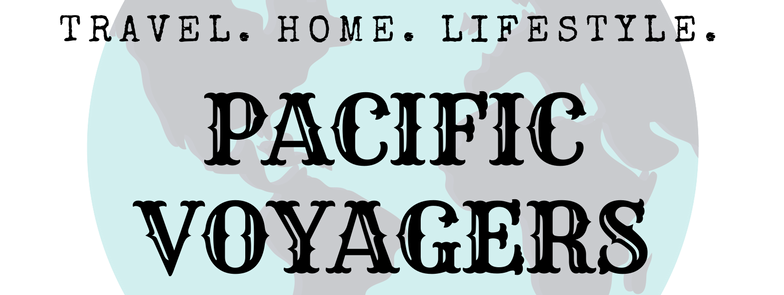

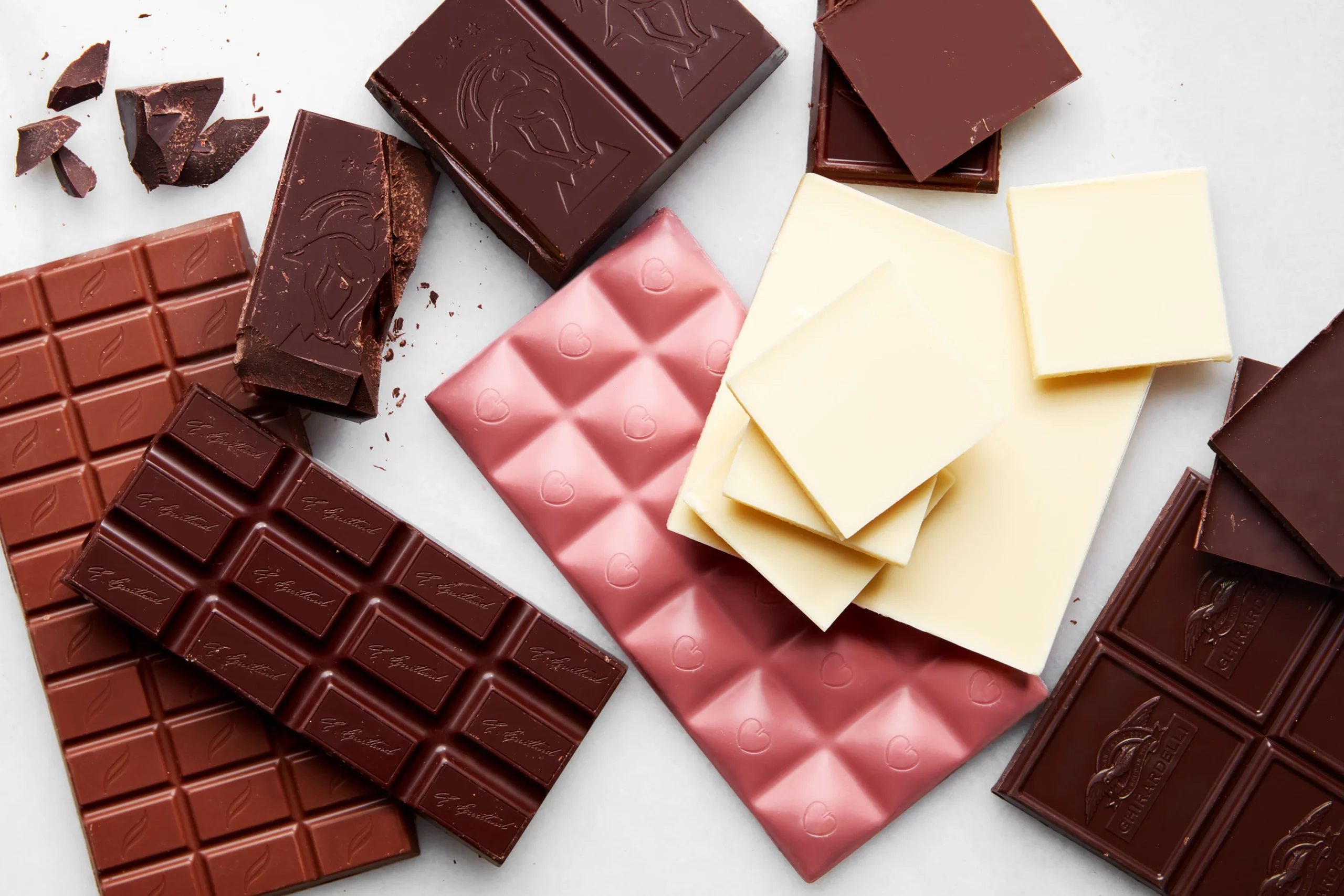

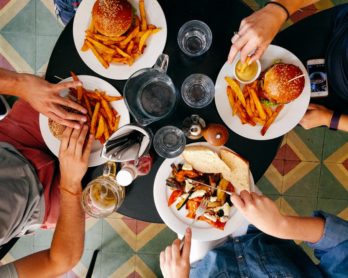
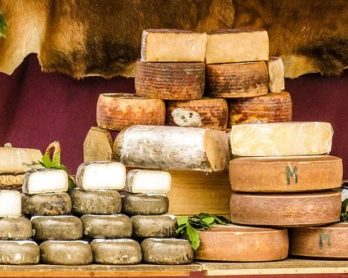
 We are all about travel and lifestyle over here at Pacific Voyagers. I’m Jen and this is my blog, although you will see a lot of posts written by my blogging dream team on topics like travel, life, beauty, home, budgeting and much more.
We are all about travel and lifestyle over here at Pacific Voyagers. I’m Jen and this is my blog, although you will see a lot of posts written by my blogging dream team on topics like travel, life, beauty, home, budgeting and much more.







